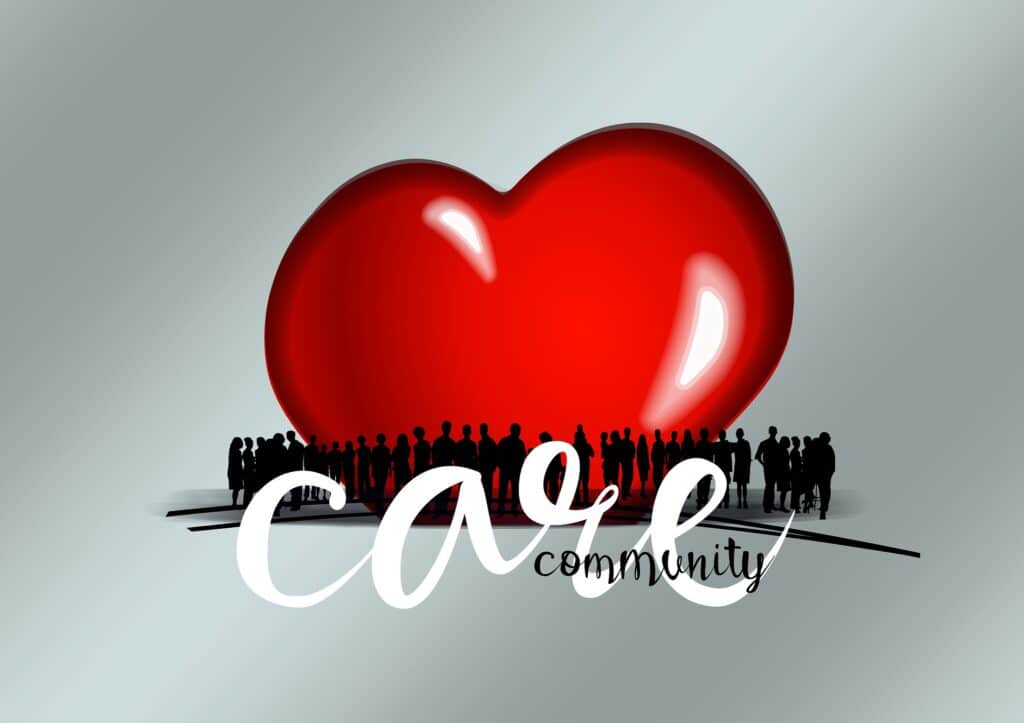
What comes up for you when you feel that you are in the midst of chaos? Do you feel like you are in situations that are unfamiliar and spinning out of control? Where external forces that are creating extreme stress multiply by the day? Where it feels impossible to find the time or energy to take the steps necessary to keep your head above water? Where at times you find it hard to breathe and you feel riddled with anxiety?
In the first four lines of his poem,The Second Coming, W.B. Yeats uses an analogy that well describes loss of order and ensuing chaos:
Turning and tuning in the widening gyre
The falcon cannot hear the falconer;
Things fall apart; the center cannot hold;
Mere anarchy is leased upon the world.
Can you imagine your inner self as the falconer, steadily bringing your outer self, the falcon, back to a sense of order and coherence? What can you do to strengthen this inner self in the midst of the chaotic forces that may currently surround you? Can you write yourself a self-compassion prescription that can keep you centered and connected to your core? This is not a prescription for some super expensive, hard-to-find, potentially toxic drug. It is a prescription for you to stay resilient and continue to meet the extraordinary demands being placed upon you. The dosage, frequency and timing are in your hands. If you prefer, get a colleague or friend to write one for you and you write one for them. This prescription cannot replace the need for PPE, ventilators and more healthcare professionals on the ground, but it can be a way for you to bring self-care and kindness to yourself.
Self-Compassion
Self -compassion may seem selfish and self-absorbed when faced with the tremendous suffering of others. This kind of thinking is understandable, but flawed. As discussed by Kristen Neff , a prominent researcher in this field, we often confuse self-compassion with self-pity, self-indulgence and self-esteem.
Self- pity tends to be a self-absorbed state, where individuals see themselves as separate from others and find themselves consumed by their own emotional dramas. By contrast, practicing self-compassion creates the opportunity and ability not only to bring a more balanced, detached and less emotionally charged view to a situation, but also recognition that we are not alone in our experiences.
Equating self-compassion with self-indulgence can keep us stuck in guilt-ridden, miserable mindsets, where we deny ourselves the very kindnesses and good wishes that we extend to others. Such a mindset stifles positive motivation, and curtails the ability to grow and learn from different situations.
Self-compassion should not be confused with self-esteem. Self-esteem is how we value and perceive ourselves. Unfortunately, this can turn into a process of measuring our value and success in comparison to others. Pursuing self-esteem can potentially be a recipe for feeling ashamed of or hiding what we view as our flaws. In contrast, self-compassion allows us to recognize ourselves in our totality and take an open, caring and constructive approach to who we are.
Withholding self-compassion for these reasons can keep us stuck in an endless loop of martyrdom where everyone but ourselves is worthy of compassion. By not bringing compassion to ourselves we create an excellent recipe for emotional burnout, which sabotages our wellbeing and our ability to help others.
If we cannot bring the same compassion to ourselves that we would bring to a friend, what does that say about our ability or even our willingness to care for ourselves?
Dr. Neff’s antidote to this way of thinking is to practice self-compassion as:
Self-Kindness vs. Self-Judgment
Imagine bringing warmth, kindness, forgiveness and understanding vs. judgment and criticism to yourself during the day. How would that feel and what possibilities would it open up for you?
Common Humanity vs. Isolation
Can you allow yourself to feel that you are simply part of general humanity? That your suffering and flaws are just part of being alive and that many others have similar experiences. How would this way of thinking free you from the loneliness and sadness that suffering is somehow confined to you alone?
Mindfulness vs. Over-identification
When we are mindful we bring self-awareness and equanimity to our lives, so that we are freed from continuously reacting to what is happening around us and being trapped by our emotions. What opportunities for growth and creative thinking might you discover if you cultivated an open, non-judgmental mindset?
Practicing Self-Compassion
- Speak to yourself as you would to a friend.
- Write yourself a letter that brings acceptance and compassion to those personal and professional issues that you find yourself being judgmental about.
- Find a phrase that can you use during the day that supports you eg. “I do my best, I let go of the rest.”
As one client said to me: “Self-compassion lets you get out of your own way.” Think of self-compassion as an essential first step to keep yourself whole. Self-compassion will ground you in the moment and keep you centered and balanced, even in the midst of chaos. From this strong, connected place you can continue to bring a caring, loving and open-hearted approach to working with and looking after others, whilst also taking care of yourself.
In the words of Jack Kornfield, Renowned Buddhist teacher and author:
“If your compassion does not include yourself, it is incomplete.”


